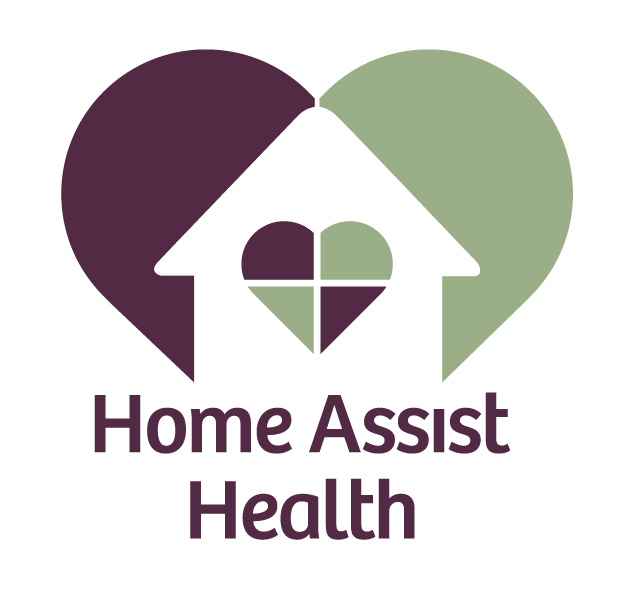Handwashing: Reinforce and practice best practices for handwashing. Wash your hands often with soap and water for at least 20 seconds, especially after going to the bathroom; before eating; and after blowing your nose, coughing, or sneezing. If soap and water are not readily available, use a hand sanitizer that contains at least 60% alcohol. Always wash your hands with soap and water if your hands are visibly dirty.
Follow cough, sneeze and distance etiquette: Avoid touching your eyes, nose, and mouth. This makes it more difficult for the virus to get from a surface to yourself. Cover coughs and sneezes with a tissue, then dispose of it immediately in a trash can, preferably one with a touchless lid opener.
Cleaning: Within the office and in homes, frequently clean commonly touched surfaces and objects daily, like tables, countertops, light switches, doorknobs, elevator buttons, phones, handrails, cabinet handles and other frequently touched surfaces using cleaning products according to the manufacturer’s instructions. Members in their own apartments or homes can use the same cleaners or wipes in their residences as they usually do. The EPA has posted a list of antimicrobial products (https://www.epa.gov/pesticide-registration/list-antimicrobial-products-registered-epa-sterilizers) registered for use against the virus. Be extra vigilant when cleaning, performing housekeeping and preparing food.
Social Distancing: Indications show that the virus is spread more quickly in large group or mass gatherings. Avoid crowded places and social gatherings. CDC recommends avoiding gatherings with 10 or more people and maintain 6 feet of personal space.
Monitoring for illness: To avoid inadvertently spreading viruses, employees who are not feeling well and with fever will be required to take sick time until they are fever free without medications for 24 hours. COVID-19, has an approximate 5.1 days incubation period and symptoms may not appear 2-14 days after exposure. Symptoms include fever, cough, shortness of breath.
Personal Protective Equipment: use of PPE must be followed in accordance with Exposure Control training. Home Assist Health will monitor CDC guidelines and recommendations for any changes in recommendations for use of PPE. Home Assist Health will provide PPE to employees and/or members as determined necessary by the CDC and ADHS.
Home is Safe: The home is the safest place. Indications show that the virus is spread more quickly in facilities and larger group or public settings. Possible exposure will remain the lowest for those who are able to stay in their homes and limit outside contact.
Keep Group Activities to 10 People or Less: Celebrating virtually or with members of your own household (who are consistently taking measures to reduce the spread of COVID-19) poses the lowest risk for spread. Your household is anyone who currently lives and shares common spaces in your housing unit (such as your house or apartment).
Learn more about people at holiday celebration risks here: https://www.cdc.gov/coronavirus/2019-ncov/daily-life-coping/holidays.html
